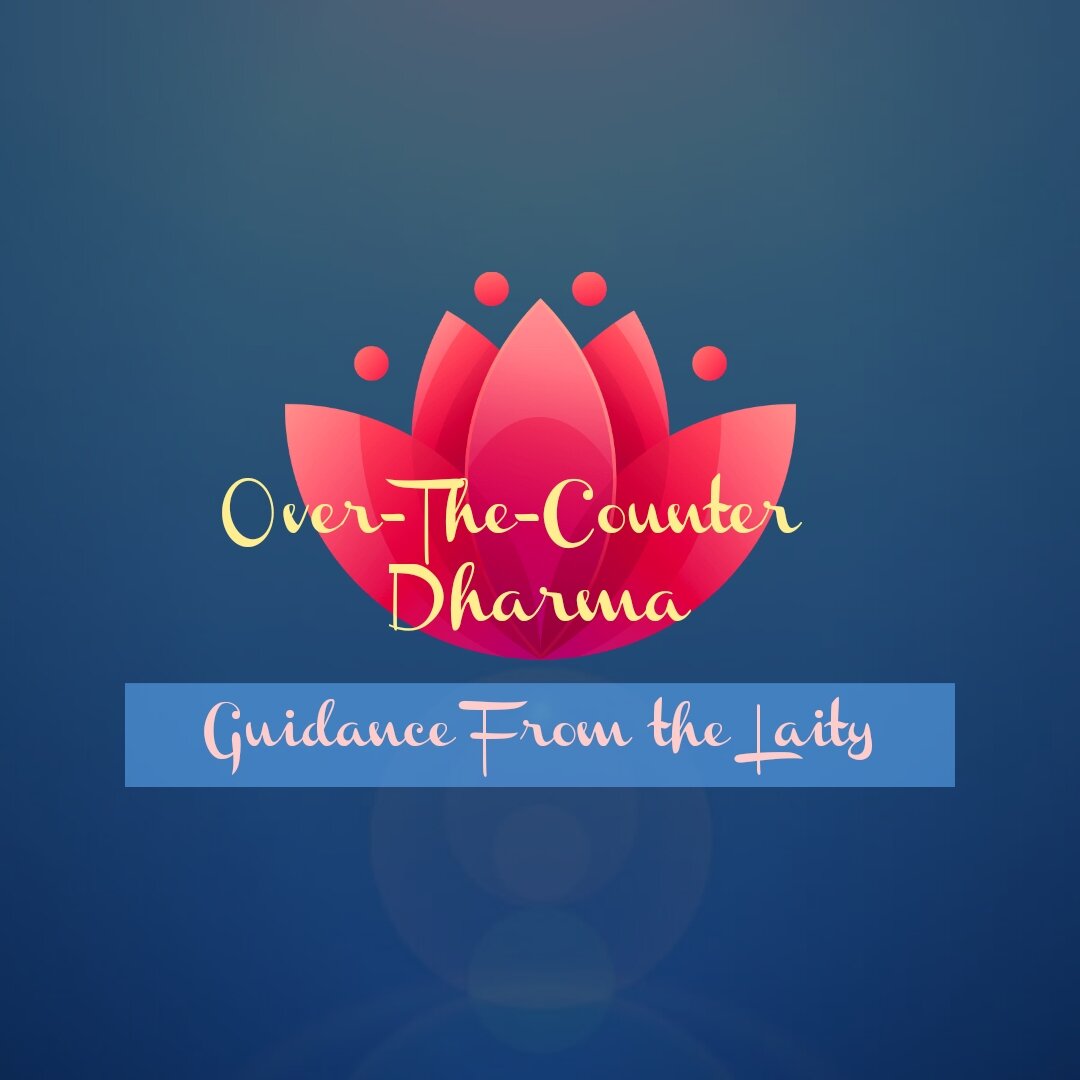Attracted to the Causes of Suffering
སྡུག་བསྔལ་འདོར་འདོད་སེམས་ཡོད་ཀྱང་། སྡུག་བསྔལ་ཉིད་ལ་མངོན་པར་རྒྱུག བདེ་བ་འདོད་ཀྱང་གཏི་མུག་པས། རང་གི་བདེ་བ་དགྲ་ལྟར་འཇོམས། གང་ཞིག་བདེ་བས་ཕོངས་པ་དང་། སྡུག་བསྔལ་མང་ལྡན་དེ་དག་ལ། བདེ་བ་ཀུན་གྱིས་ཚིམ་པ་དང་། སྡུག་བསྔལ་ཐམས་ཅད་གཅོད་བྱེད་ཅིང་། གཏི་མུག་ཀྱང་ནི་སེལ་བྱེད་པ། དེ་དང་དགེ་མཚུངས་ག་ལ་ཡོད། དེ་འདྲའི་བཤེས་ཀྱང་ག་ལ་ཡོད། བསོད་ནམས་དེ་འདྲའང་ག་ལ་ཡོད།
"For beings long to free themselves from misery, but misery itself they follow and pursue. They long for joy, but in their ignorance destroy it as if it were an enemy. But those who fill with bliss all beings destitute of joy, who clear all pain and suffering away from those weighed down with misery, who drive away the darkness of their ignorance—what virtue could be matched with theirs? What friend could be compared to them? What merit is there similar to this?"
—Shantideva, Bodhisattvacharyavatara
As imperfect beings we are all seeking happiness, but find ourselves creating more suffering and dissatisfaction. Why is this? Because 1) the way things appear and the way they actually exist are not the same, and 2) from that ignorance we overestimate the ability to bring about lasting joy these temporary pursuits have. We find ourselves seeking things that feel good only to find ourselves suffering when the impermanence of this things has been revealed through some kind of loss (theft, aging and decay, or our own negligence). Or, due to their inability to bring lasting satisfaction we find ourselves again in search of something to dispel our suffering. Often, we cannot see that the very things we've overestimated to bring happiness are the causes for more suffering in the future.
Suffering has many types: the Suffering of Suffering (obvious pain), the Suffering of Change (things can't last, and when they end our attachments to them determine the degree of our misery), and All-pervasive suffering. This is the type of suffering we are most likely not to recognize, yet the most instructive when we do. It’s the general background of anxiety and insecurity that colors even our happiest moments. Deep down, we fear that life doesn’t offer us solid ground and that our very existence is questionable. From a Buddhist point of view, these doubts are well-founded, and exploring them offers us glimpses of wisdom.
In other words, when you're suffering hunger the very food you seek to end the hunger can become more suffering if you eat too much, or the wrong kind of food. The food doesn't permanently eradicate hunger forever, so it isn't a true cessation since hunger arises again no matter what food is eaten. If you harm others in acquiring the food, you're creating the causes to suffer again in the future. Through your ignorance you don't know how to find food, grow it, or store it.
So, Shantideva is saying that we are hungry and searching for food, but when someone hands us the seeds to create our own garden we push them away, destroying the causes to our future happiness. Instead, we go about killing beings, stealing the food from others, being deceived by immediate satisfaction. This is what he means by following and pursuing misery.
The friend that voluntarily feeds you protects you from your own ignorant actions to seek out that food. They keep you healthy physically and, by protecting you from your own negative karma, spiritually. When they teach you how to plant your own garden and grow your own food, they take you to another level—destroying ignorance. You can now grow your own food, create the causes of your own future nourishment.
But, the friend that shows you the actual causes of hunger, why you develop these needs and how to avoid them ever again is the best of friends.
A doctor who treats an ailment that comes back again isn't as sought after as the doctor who completely cures the patient. And even that doctor is not as successful as the doctor who treats, cures, and inoculates their patient. This is how the Buddha's teachings work—they diagnose the suffering, they recognize the cause, and they treat, cure, and inoculate so that the suffering never returns.
